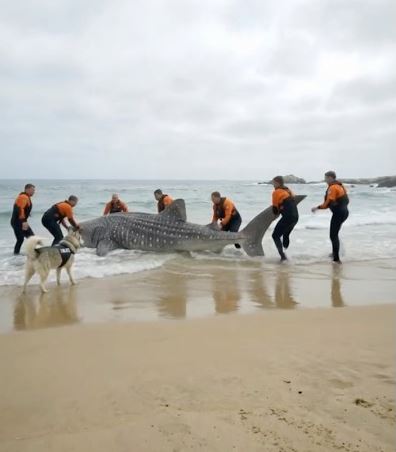When I landed a surprise bonus at work, I was thrilled. It felt like years of hard work had finally been acknowledged. I came home glowing, ready to share the good news.
My fiancé, Kyle, barely looked up from his phone. “Must be nice,” he said with a shrug.
I brushed it off.
A week later, he suggested a beach vacation — just what we needed, he said. Except this wasn’t a getaway for the two of us. He wanted to invite his parents and his sister, too.
Still, I tried to stay open-minded.
That was until he handed me a list: oceanfront suites, premium dining, private transportation — and assumed I’d cover the cost.
“You got that bonus,” he said with a grin. “It’s not like you can’t afford it.”
I was stunned.
But I smiled and said, “Sure. Let’s go.”
Because I had a different plan in mind.
I booked everything — real flights, real hotel rooms. But only three nights, standard accommodations, and no frills. Then, I made a separate plan for myself.
The morning of the trip, I handed everyone their printed itineraries. Kyle’s mom wore a beach-themed T-shirt, his sister was bursting with excitement, and Kyle looked as if he’d pulled it all together himself.
Then the questions started.
“Why are we flying into different cities?” his dad asked.
“Just how it worked out,” I replied cheerfully. “You’re all heading into Fort Lauderdale. I’m flying into Miami.”
Kyle frowned. “Why aren’t we flying together?”
“Just logistics,” I shrugged.
What I didn’t say: I wasn’t flying anywhere.
While they were boarding their plane, I was back home, settling onto the couch with my favorite snacks and a good movie. I used part of my bonus to fund their modest vacation — and the rest to pay off some long-standing bills.
That evening, Kyle called.
“You said you’d meet us here,” he said, frustrated.
“I said I booked the trip,” I replied. “And I did. Just not for me.”
He was quiet. Then asked why.
So I told him.
“Ever since I got that bonus, you’ve treated me like a bank account. Not once did you say you were proud of me. You just saw a way to spend my money. I needed to understand if you were here for me — or for what I could provide.”
There was silence on the other end.
Later that night, his mom texted me about their basic room. His sister wasn’t thrilled about covering her own meals. I simply said, “Sometimes travel comes with its own surprises.”
Kyle came home early. When he arrived, we had a long, honest conversation about what had happened.
It wasn’t easy. But it was necessary.
We decided to take some time apart. Three months. No contact. No pressure.
And in that space, something shifted. I traveled solo, found quiet moments in small towns, read on trains, and remembered how it felt to make choices purely for myself.
Over time, I realized something important: I didn’t miss Kyle. I missed the version of him I hoped he could be.
Eventually, he reached out. We met for coffee. He apologized — sincerely. Said he’d started therapy. Was working on being more mindful about how he treated others.
I forgave him. But I didn’t rekindle the relationship.
Because sometimes, growth means walking away.
Today, I’m dating someone new — someone who celebrates my wins without keeping score. When I told him about the vacation-that-wasn’t, he smiled and said, “Sounds like you were just setting boundaries — smart ones.”
Here’s what I’ve learned:
When someone celebrates your success like it’s their own, that’s someone worth holding onto.
If they only show up when there’s something to gain — it might be time to let go.
If this message resonated with you, share it with someone who might need a reminder: your value isn’t measured by your paycheck, but by how you’re treated when the spotlight’s on you.




